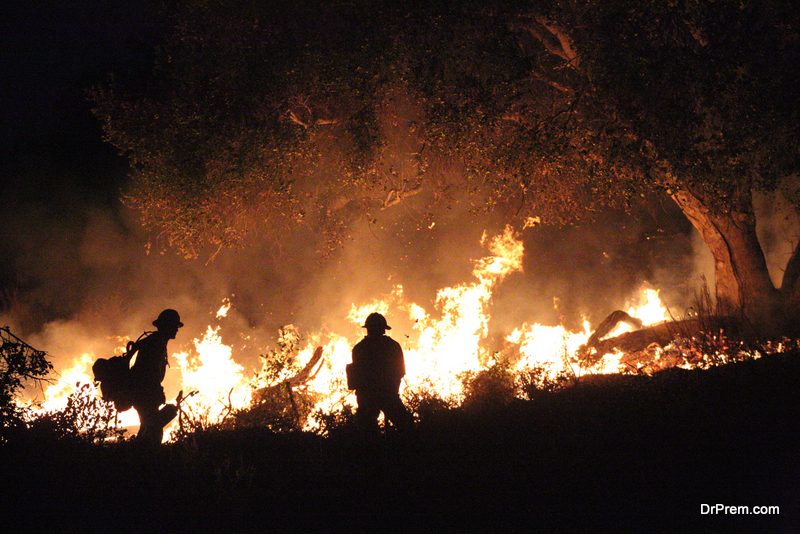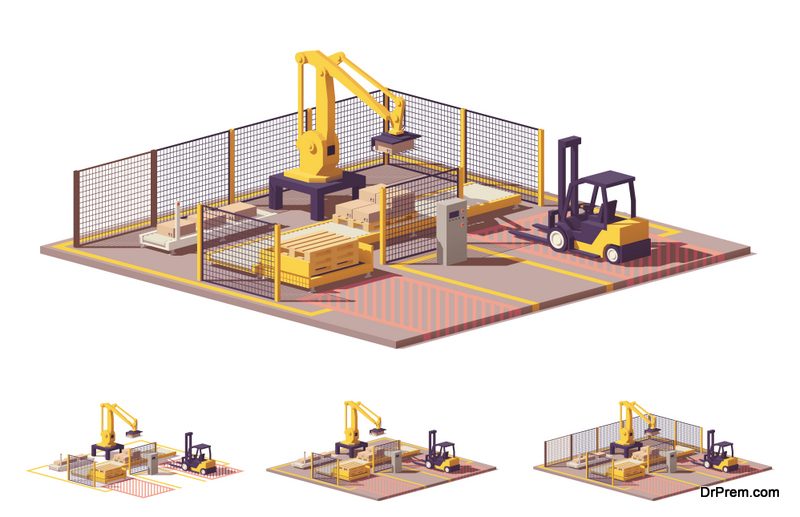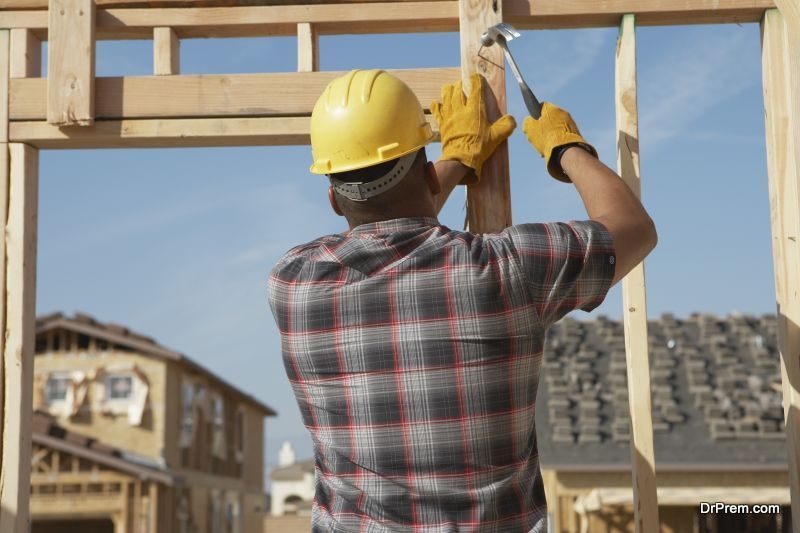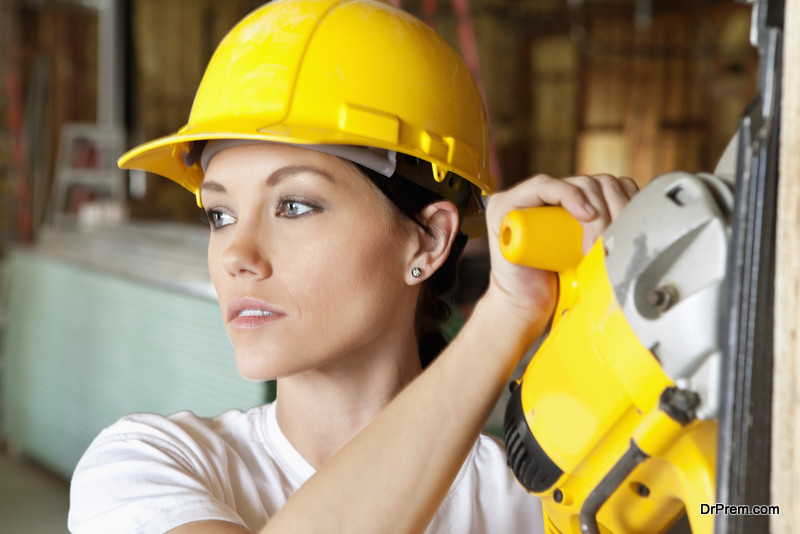Dangerous situations come in all forms. Natural disasters such as tornadoes, hurricanes, and avalanches are out of our control. While you can’t avoid these situations, you can stay informed and prepare for them. Most dangerous situations are made safer using knowledge and forethought. If you’re camping in the woods, bringing the right equipment and knowing your surroundings will protect you from wildlife and other dangers. While you can’t always control external factors, you can take the necessary precautions to improve your odds. Wearing a seatbelt while driving or a helmet while riding a bike are two simple ways to stay safe and reduce your risk of injury. Work is another area where you need to be mindful of your health and safety. Regardless of whether or not you have a dangerous job, basic precautions can help keep you out of harm’s way. Here are 5 tips for staying safe on the job.
1. Understand the Risks 
All jobs come with risks — some greater than others. Service jobs such as firefighters or police officers place individuals in very dangerous situations that can result in injury or death. Most desk jobs don’t require workers to place their lives on the line, but that doesn’t mean that office workers aren’t susceptible to their own list of work-related injuries. More offices are becoming ergonomically friendly to avoid back and neck related strain. Not only is your physical health at risk but mental as well. Dangerous jobs can take a toll on your mental state. People that work from home or are isolated for much of the day run the risk of getting depressed. And working long hours at a high-stress job can cause anxiety and stress-related complications. All of these factors play into your safety on the job.
2. Take Breaks When Needed
Everyone needs a break; whether it’s physically or mentally. This means taking advantage of the lunch breaks your company offers and taking vacations or sick days when needed. Some people become so addicted to work that they have a difficult time walking away. Worry over what will be waiting for them when they return or what might go wrong in their absence, keeps them from taking a much needed physical and mental hiatus. You need to walk away and regroup in order to remain mentally healthy. You also need to get up, stretch, and walk around if you sit at a desk for most of the day. Workers who are on their feet for most of the day should take a seated break at least twice during their shift. Don’t see taking a break as a weakness but instead an act of self-preservation.
3. Use Equipment to Make the Job Easier 
Another situation where putting your pride aside and accepting help is crucial is when it comes to physical labor. Don’t try to be a hero and carry oversized boxes long distances. Use a hand truck or forklift to make your job easier. If you work for a company that offers new computer software or other programs that replace the dated, paper and pencil way of doing things, take advantage of these tools. You’re not hurting anyone but yourself by being stubborn and not using equipment or tools to make your job easier. With less energy and time spent on labor intensive projects, you can focus your attention elsewhere and achieve more.
4. Wear the Proper Equipment
Wearing the proper safety equipment is extremely important for staying healthy and injury-free on the job. The most common forms of safety equipment include hardhats for construction workers and neon, reflective clothing for those individuals working near roadways. With so much heavy equipment, steel frames, concrete, and other materials nearby, you need to protect your entire body from injury. If you work in a factory where you stand for an extended period of time, investing in a back brace to reduce slouching or hunching over will help your posture. It can also prevent back and neck related strain and injuries. Wearing the proper, skid-free shoes is also important for food service professionals to avoid slips and falls, as well as protect your feet and back.
5. Communicate

Communication is key in any relationship and that doesn’t exclude the work relationship. Communication on the job can mean life or death in certain situations. Police officers are equipped with radios and video cameras to keep both them and the citizens they serve safe. Without this communication, an officer or citizen may not receive the help they need when they need it. The same holds true on the job site. Many construction workers are working around heavy, loud equipment and have radios to communicate. Moving a machine, lowering a crain, or swinging heavy equipment could easily injure someone if they aren’t informed about what’s happening next. But communication doesn’t always mean radio chatter. Communicating your needs and stress to supervisors or fellow employees will protect your mental health. If you’re feeling overwhelmed, overworked, and underappreciated, you should express these concerns to those in charge. Perhaps a position or schedule change is in order.
Safety doesn’t always mean what you think. Just because your job isn’t considered dangerous doesn’t mean you should overlook your safety. Physical and mental health are equally important on the job. And these 5 tips should help you maintain a safe, healthy balance at work.
Article Submitted By Community Writer




